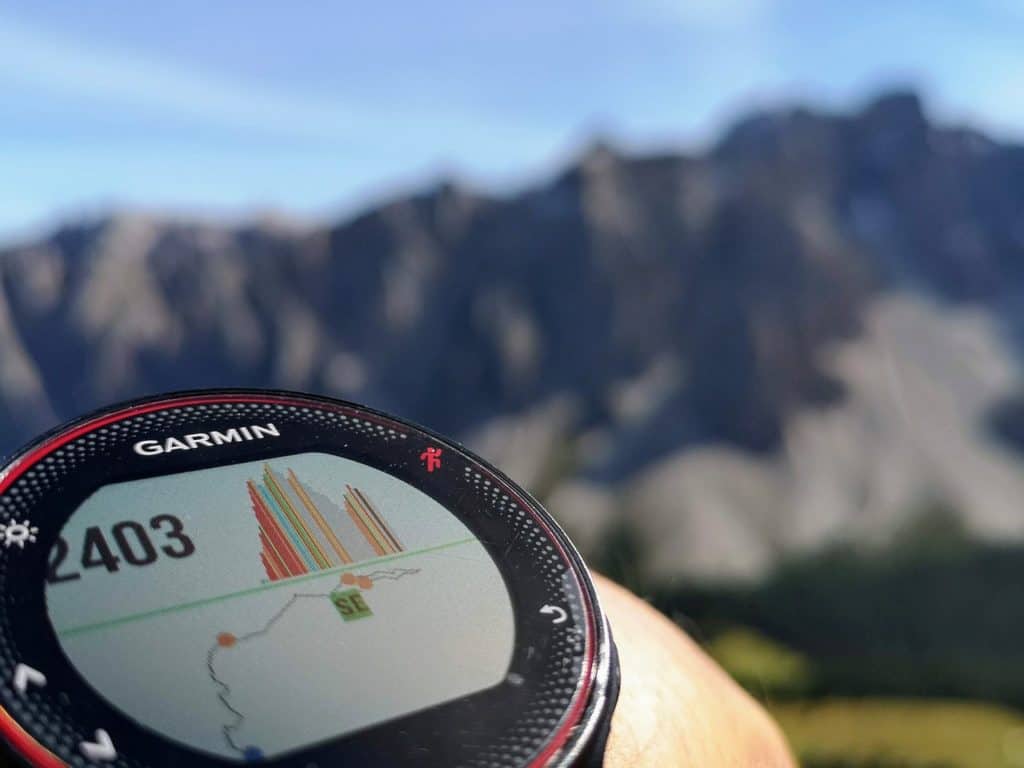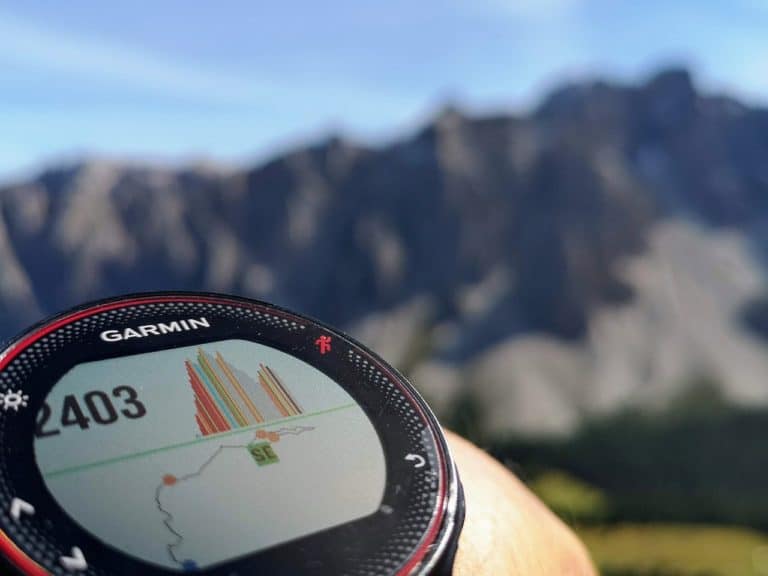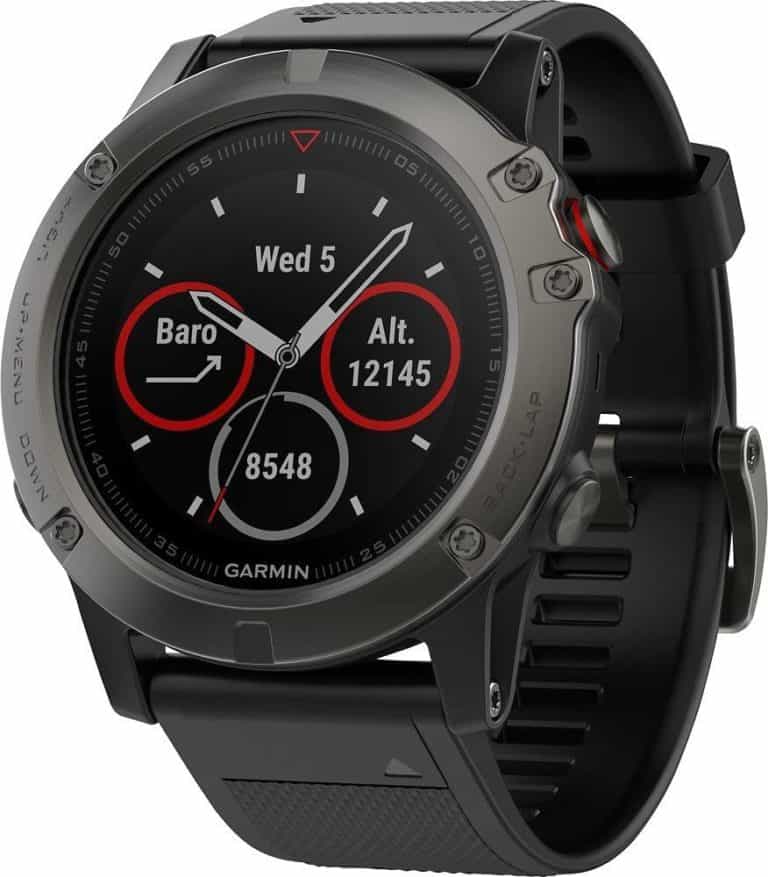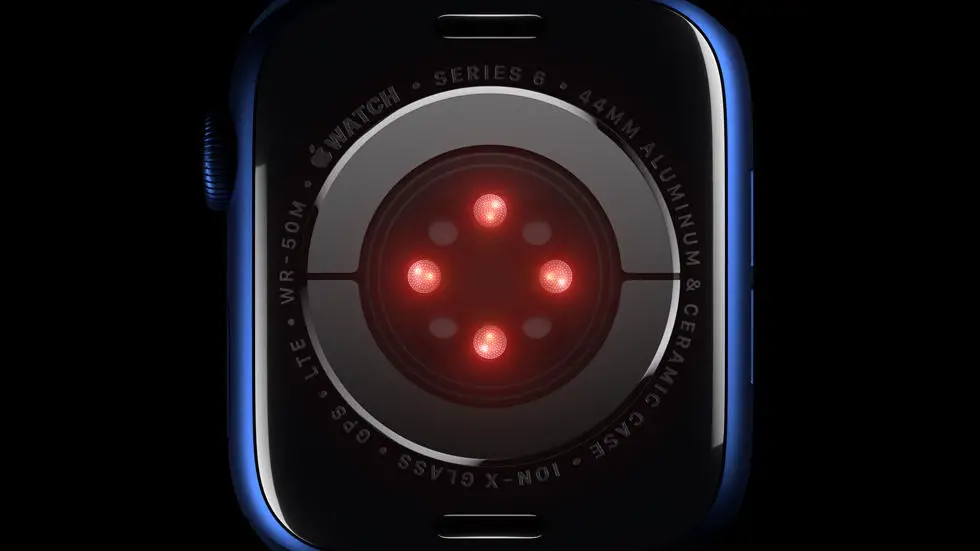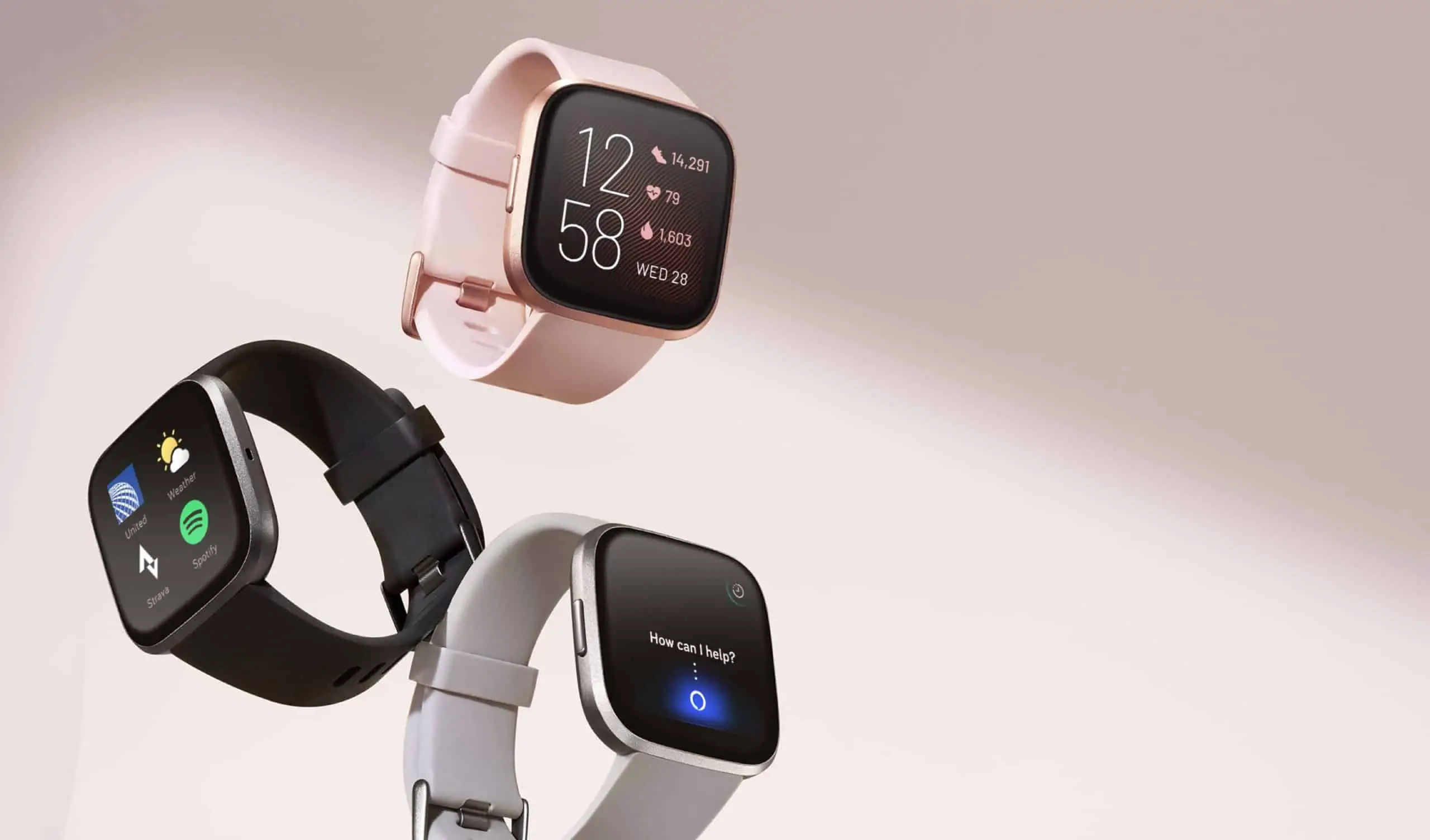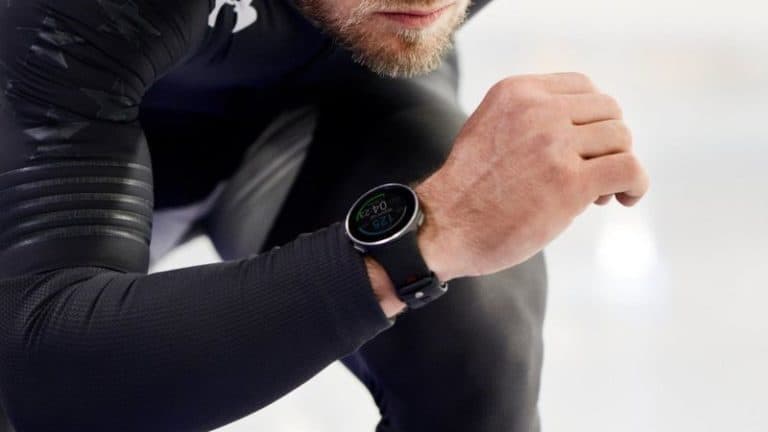Have you ever wondered how Garmin Connect measures stress? It’s a question that many people have asked, and for good reason. Stress is a major factor in our lives, and understanding how it affects us is important for our overall well-being. But with so many different ways to measure stress, it can be tough to know which method is the most accurate.
As someone who works for a website that reviews thousands of wearable products, I’ve had the opportunity to try out many different stress-tracking features. I’ve found that some are more reliable than others, and that there are certain factors that can affect the accuracy of these measurements. For example, the type of activity you’re doing, the time of day, and even your mood can all play a role in how your stress levels are measured.
In this article, I’ll explore how Garmin Connect measures stress and provide some tips for getting the most accurate readings. Whether you’re an athlete looking to optimize your training or just someone who wants to better understand how stress affects your body, I think you’ll find this information helpful. So if you’ve been wondering how Garmin Connect measures stress, read on to find out!
How Does Garmin Connect Measure Stress?
Understanding the Science Behind Stress
Stress is a natural response of the body to any kind of demand or threat. It is a physiological and psychological reaction that helps us cope with challenging situations. The body releases hormones like adrenaline and cortisol, which increase heart rate, blood pressure, and breathing rate, preparing us for a fight-or-flight response. However, prolonged stress can have negative effects on our physical and mental health.
What is Garmin Connect?
Garmin Connect is a mobile app and web-based platform that allows users to track their fitness activities, set goals, and monitor progress. It is compatible with Garmin wearable devices, which collect data on various metrics like heart rate, steps taken, calories burned, and sleep quality. The app also provides insights and recommendations based on the user’s data.
How Does Garmin Connect Measure Stress?
Garmin Connect uses a feature called “Stress Score” to measure the user’s stress level. It is based on the heart rate variability (HRV) data collected by the wearable device. HRV is the variation in time between successive heartbeats, and it reflects the balance between the sympathetic and parasympathetic nervous systems. The sympathetic nervous system is responsible for the fight-or-flight response, while the parasympathetic nervous system helps the body relax and recover.
How is Stress Score Calculated?
Stress Score is calculated using a proprietary algorithm that analyzes the user’s HRV data over a period of time. The algorithm takes into account the user’s age, gender, resting heart rate, and other factors to calculate a baseline HRV value. It then compares the user’s HRV data to the baseline value and assigns a score between 0 and 100. A higher score indicates a higher level of stress, while a lower score indicates a lower level of stress.
How Can Stress Score Help?
Stress Score can help users become more aware of their stress levels and take steps to manage it. By tracking their Stress Score over time, users can identify patterns and triggers that cause stress. They can also use the app’s relaxation techniques, like guided breathing exercises, to reduce stress and improve their HRV. Additionally, Garmin Connect provides personalized insights and recommendations based on the user’s data, such as adjusting their training intensity or getting more sleep.
Limitations of Stress Score
While Stress Score can be a useful tool for monitoring stress, it has some limitations. It is not a medical diagnosis and should not be used to replace professional medical advice. It may not accurately reflect the user’s stress level in certain situations, such as during exercise or after consuming caffeine or alcohol. Additionally, it may not be suitable for users with certain medical conditions that affect HRV, such as arrhythmia or heart failure.
Conclusion
Garmin Connect’s Stress Score is a valuable feature for tracking and managing stress levels. By using HRV data collected by wearable devices and a proprietary algorithm, it provides users with insights and recommendations to improve their physical and mental well-being. However, it is important to remember that Stress Score is just one tool in a comprehensive approach to stress management, and users should always consult with a healthcare professional for personalized advice.
FAQs
How does Garmin Connect measure stress?
Garmin Connect uses heart rate variability (HRV) data to measure stress levels. HRV is the variation in time between each heartbeat, and it is an indicator of the autonomic nervous system’s activity. Garmin Connect uses HRV to calculate your stress level on a scale of 0 to 100, with higher values indicating higher stress levels.
What factors affect the accuracy of Garmin Connect’s stress measurements?
Several factors can affect the accuracy of Garmin Connect’s stress measurements, including physical activity, sleep quality, caffeine intake, and alcohol consumption. Additionally, factors such as age, gender, and overall health can also impact the accuracy of stress measurements.
Can Garmin Connect measure stress during exercise?
Yes, Garmin Connect can measure stress during exercise. The app uses HRV data to calculate stress levels, and it can do so in real-time during exercise. However, it is important to note that physical activity can also affect HRV, so stress measurements during exercise may not be as accurate as measurements taken during rest.
How can I use Garmin Connect to manage my stress levels?
Garmin Connect provides several features to help you manage your stress levels, including stress tracking, relaxation reminders, and mindfulness exercises. By monitoring your stress levels over time, you can identify patterns and make lifestyle changes to reduce stress. Additionally, using relaxation reminders and mindfulness exercises can help you manage stress in the moment.
Is Garmin Connect’s stress measurement feature available on all Garmin devices?
No, Garmin Connect’s stress measurement feature is not available on all Garmin devices. The feature is available on select Garmin devices that have HRV sensors, such as the Garmin Vivosmart 4, Forerunner 945, and Fenix 6 series. To use the stress measurement feature, you must also have the Garmin Connect app installed on your smartphone.

